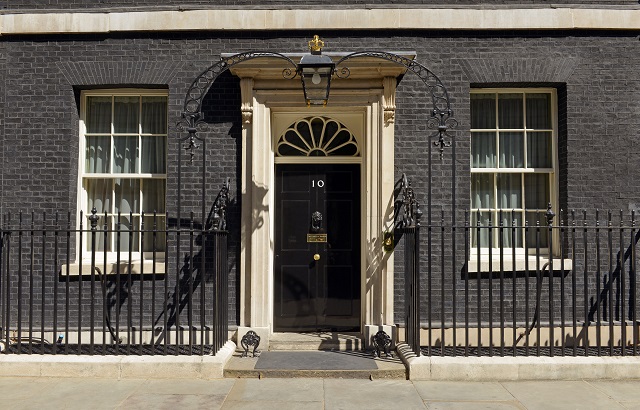The country is facing the likely possibility of an early General Election next year – which would appear heavily skewed in favour of a Labour government, given the turbulence under the Conservatives over the last few years, writes Julia Cox, partner at Charles Russell Speechlys,
Should this occur, the country is poised to welcome a breadth of policy changes across the board. One significant area that will be heavily affected by a potential change in government is tax.
While Tory MPs demand tax cuts, Labour is scattering hints of significant rises in taxes, should Sir Keir Starmer win the next election – with frontbenchers hinting that the party could align the rates of capital gains tax with income tax.
Tax overhaul on the horizon
The Labour Party may well fill the hole in public finances by taxing the wealthiest in society. Potential changes include changes to inheritance tax, where the party could axe a measure that allows parents and grandparents to leave their homes and other assets, worth up to £1m ($1.26m, €1.14m), entirely tax-free to younger generations, following constituency Labour parties calling for inheritance tax to be reviewed.
Further possible measures include reversing the abolition of the lifetime cap on tax-free pension savings and cancelling tax breaks for private schools. This could leave grandparents across the country subject to significantly larger tax bills when giving their family financial help, making the incentive to take stock of these potential changes all the more pressing.
Starmer’s aims to scrap private school’s charitable status, meaning that independent schools would lose their VAT exception, could see grandparents helping with school fees, but potentially leave such increased financial aid subject to inheritance tax should they die within seven years of it being given.
A potential wealth tax has been on the agenda for years, with Starmer under pressure to set out plans for taxes on the capital of the richest in society, in order to support public services and help the poorest through the cost-of-living crisis.
Higher taxes for high net worth individuals, aimed at redistributing wealth to fund public services, could yield billions for the economy and address the current deficit – however, this would leave those in question less able to protect family wealth for future generations, invest in businesses and other ways.
Families should consider their wealth structuring now, to see if they may be able to avoid potential losses further down the line. Additionally, a Labour government could see the abolition of ‘non-dom’ status, which allows those with relevant non-UK origins to avoid in certain circumstances paying UK tax immediately they become UK resident on overseas income.
Finally, an increase in capital gains tax could be on the cards if Starmer comes into power, with front-bench Labour MPs hinting that the party could align the rate of capital gains tax with income tax if Starmer takes power in the next election.
This could leave business owners across the country at threat of losing a significant portion of their savings, for many – their retirement money.
Planning for the future
With potential changes lying on the horizon, there is no time like the present to review your estate and wealth planning, to avoid a messy last-minute scramble, and potentially financial losses.
By deferring planning, thousands of people may be left susceptible to more penal taxes. However, by taking stock of the situation sooner rather than later, and progressing measures to protect wealth, taxpayers may be better placed to maintain preserve their money and where it goes, potentially leaving more of it available for future generations.
Whilst these threats loom on the horizon and the next few years are likely to bring about significant change, those with savings can make decisions now, with a view to protecting their wealth for the future.
This article was written for International Adviser by Julia Cox, partner at Charles Russell Speechlys.








